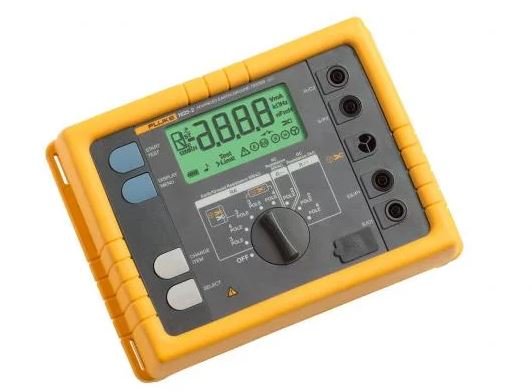The Ultimate Buyer’s Guide for Hydraulic Test Pumps

A hydraulic test pump is crucial for testing and calibrating various systems, such as pipelines, pressure vessels, valves, and more. It provides a controlled and accurate method to check the integrity and performance of these systems. However, with so many available options, choosing the right pump from brands such as Fluke can be daunting. This article explores the essential factors to consider when selecting one.
Pressure Range: One of the most critical factors to consider is the pressure range. Choosing one that can generate the required pressure for your specific testing needs is essential. Consider the maximum pressure rating of the systems you plan to test and ensure that the one you select can exceed that pressure. Additionally, it’s beneficial to choose a pump with an adjustable pressure control feature, allowing you to accurately set and control the desired pressure levels.
Flow Rate: Another crucial factor is the flow rate. The flow rate determines how quickly it can reach the desired pressure level and how efficiently it can maintain that pressure during testing. Ensure that the one you choose has an adequate flow rate to match your testing requirements. A pump with a higher flow rate can save you time during testing, especially when dealing with large systems.
Portability and Size: Consider the portability and size, particularly if you need to move it around frequently or work in tight spaces. Look for a piece of equipment that is compact, lightweight, and easy to transport. Portable pumps often come with carrying handles or wheels, making them more convenient to move from one location to another.
Power Source: They are available in different power sources, including manual, electric, and pneumatic. Manual ones are operated by hand and are suitable for low-pressure testing applications. Electric pumps are powered by electricity and provide higher pressure ranges. Pneumatic pumps, on the other hand, use compressed air and are ideal for areas where electricity is not available or when working in hazardous environments. Choose a power source that suits your testing requirements and the availability of resources in your work environment.
Accuracy and Reliability: Accuracy and reliability are essential qualities to consider. Look for those that are known for their accuracy in pressure measurements and can maintain that accuracy throughout the testing process. Consider the reputation and reliability of the manufacturer or brand. Read customer reviews and testimonials to gauge the performance and durability of the one you are considering.
Safety Features: Look for hydraulic test pumps that come with built-in safety features to protect both the operator and the equipment. Some common safety features include pressure relief valves, pressure gauges, and automatic shut-off mechanisms. These features help prevent over-pressurization and potential accidents during testing.
Ease of Use: They should be user-friendly and easy to operate, especially if you are not an expert. Look for those that have clear and intuitive controls, easy-to-read pressure gauges, and straightforward setup procedures. Some may also come with additional features like digital displays or pre-set testing programs to simplify the testing process.
Maintenance and Support: Look for pumps that are easy to clean and service, with readily available spare parts. Additionally, check if the manufacturer provides comprehensive support, such as technical documentation, user manuals, and responsive customer service. Having access to reliable support can be invaluable if you encounter any issues or have questions during the testing process.
In conclusion, choosing the right hydraulic test pump from brands like Fluke is essential for accurate and reliable testing of the systems. Consider factors such as pressure range, flow rate, portability, power source, accuracy, reliability, safety features, ease of use, and maintenance when making your selection. By carefully evaluating these factors, you can ensure that you invest in one that meets your specific testing requirements and delivers accurate results.





